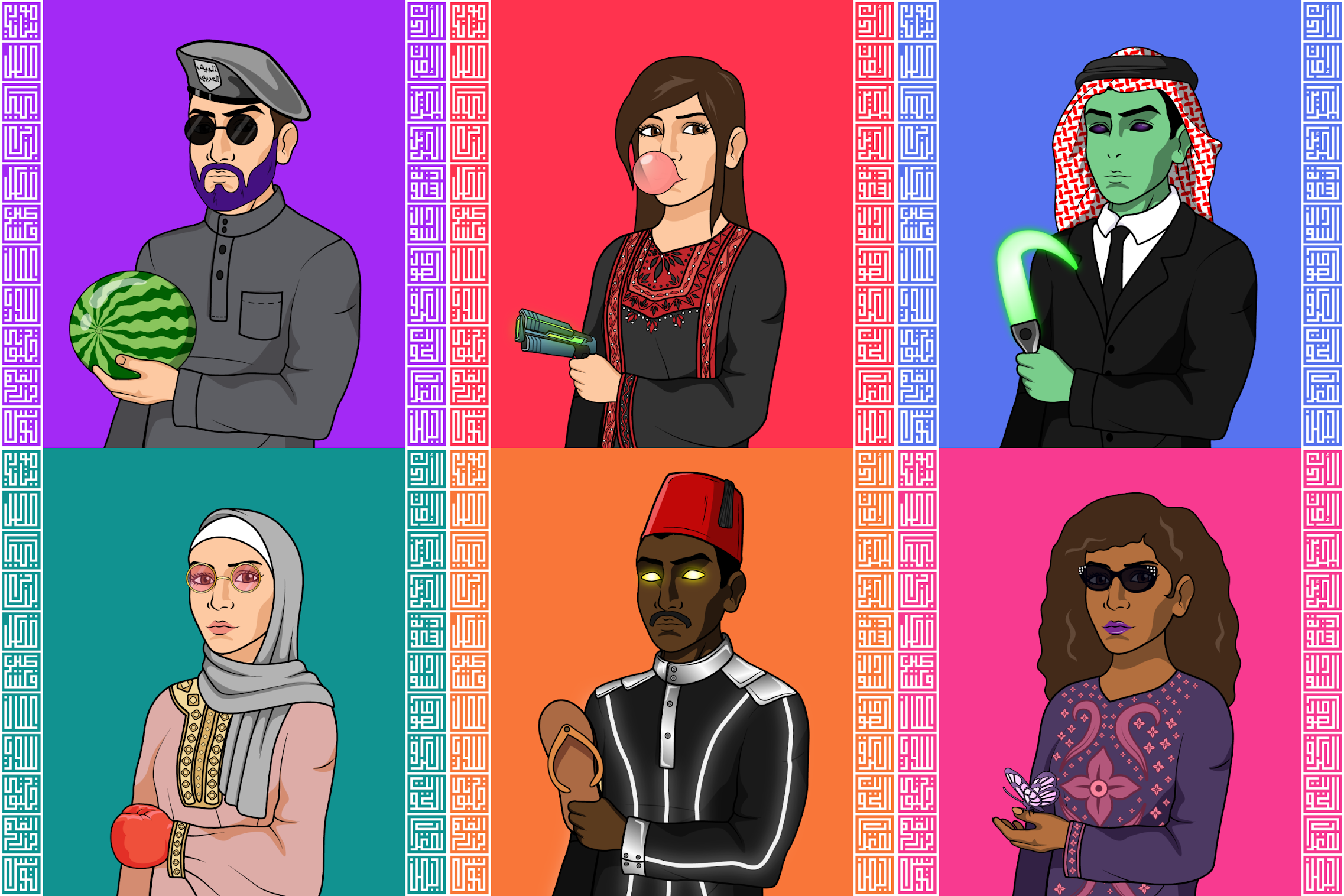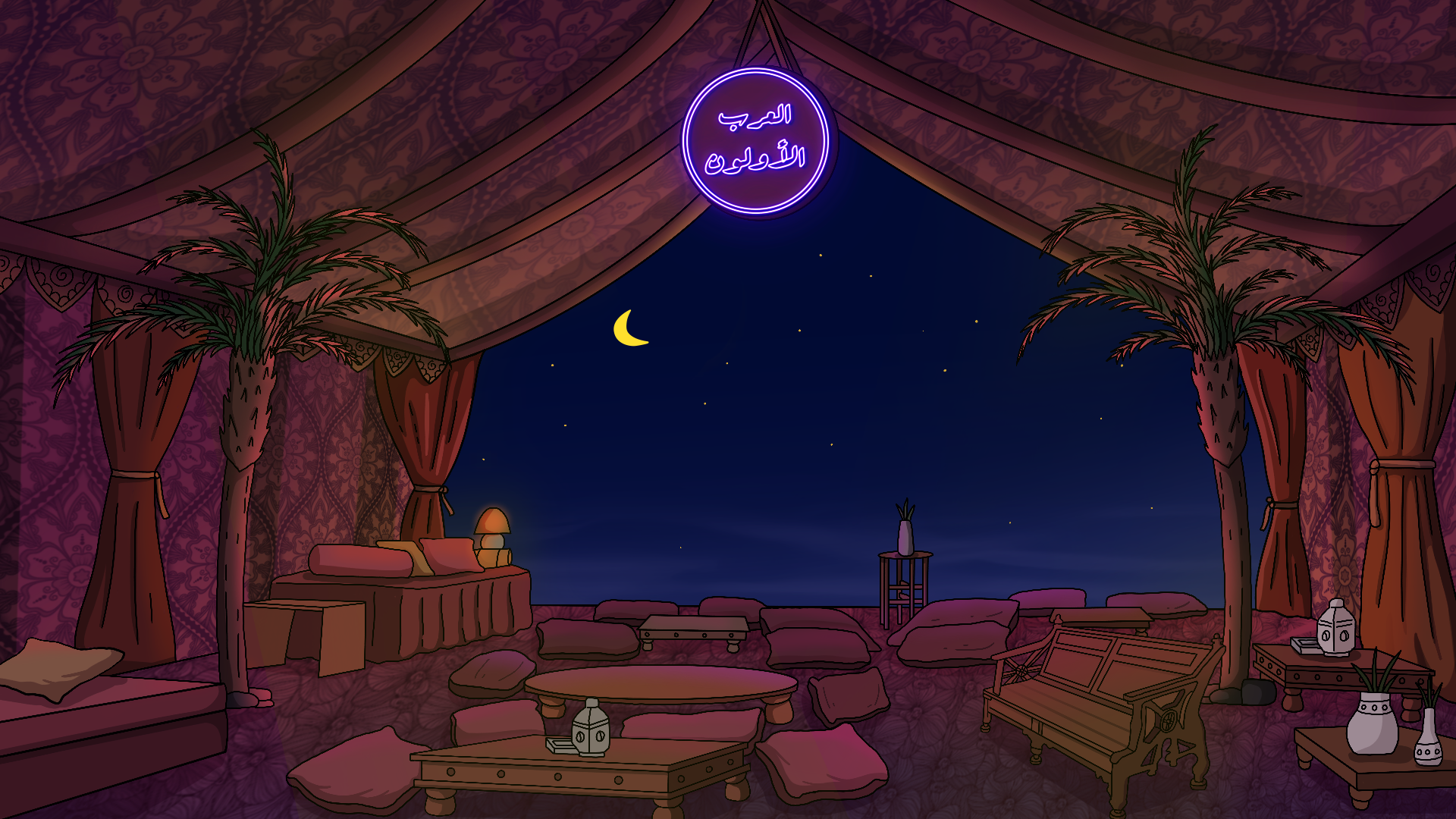
From spontaneous crypto crashes to artists profiting hundreds of millions of dirhams off of one NFT, predicting the next digital burst seems near impossible. The same goes for the digital moves from public bodies entering Web 3.0, since everyone from product suppliers, humanitarian organizations, and even governments are moving in from different angles.
Although, one digital feature is a key entry point for anyone looking to break into the Metaverse: NFT avatars. Brands like Gucci and Nike have created digital clothing lines for NFT avatars to wear, and Bored Ape’s avatar resales go for a whopping Dhs 1,469,206. Now, the crypto-native community, The First Arabs, is entering the digital space with an exciting opportunity to enact change by creating NFTs for social good, expanding beyond social media.

The First Arabs partnered with the UNHCR, The UN Refugee Agency, to create 10,000 NFT avatars to be sold later this month on Ethereum’s blockchain. They’ve pledged a portion of the profit from their NFT avatars to support the UNHCR’s humanitarian work in the Mena region, aiding displaced peoples and refugees. Astoundingly, social good isn’t the sole benefit of purchasing these NFT avatars. Acquiring one gives you access to The First Arabs’ online community, the first group dedicated to representing and exploring Arab culture in the Metaverse.
This collaboration between The First Arabs and the UNHCR is unique and asks us to reconsider the role of NFTs as a tool that can impact the real world. It’s aligned with The First Arabs’ business model to create NFTs for social good. They transcend their digital form and function by harnessing people’s passion for the digital realm. Not only are they distinguished avatars for Arab representation within the Metaverse, but they are also a way to impact peoples’ lives positively.
Follow The First Arabs’ Twitter account to stay up to date on The First Arabs x UNHCR avatar release, which will be sold here on Ethereum’s blockchain.








